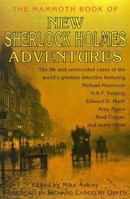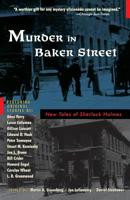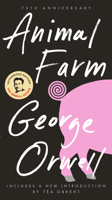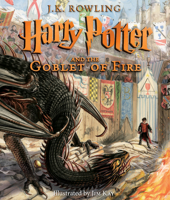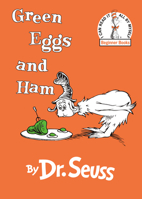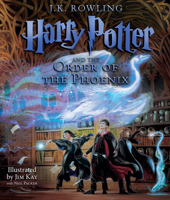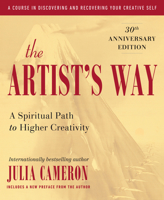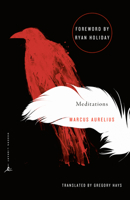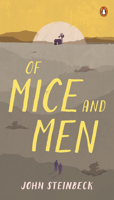Leopold's Way: Detective Stories of Edward D. Hoch
(Part of the Captain Leopold Series)
Leopold in these 24stories is the head of homicide, later to become the department of violent crimes. Because he is given to interior musing, we learn the workings of the mind of a thoughtful detective. Showing Leopold's mind, Hoch develops nuances of character rare in mystery stories.
"The House by the Ferris" poses a typical Hoch problem. Ancient crone Stella Gaze predicts that four men will die--by earth, air, fire, and water. Leopold is called in when one man drowns, is called again when another burns. The crimes seem to have been concocted by a witch.
Format:Hardcover
Language:English
ISBN:0809312336
ISBN13:9780809312337
Release Date:October 1985
Publisher:Southern Illinois University Press
Length:360 Pages
Weight:1.50 lbs.
Dimensions:9.0" x 1.1" x 6.0"
You Might Also Enjoy
Customer Reviews
1 customer rating | 1 review
There are currently no reviews. Be the first to review this work.













